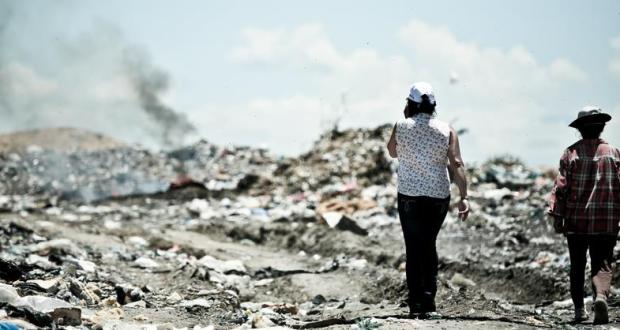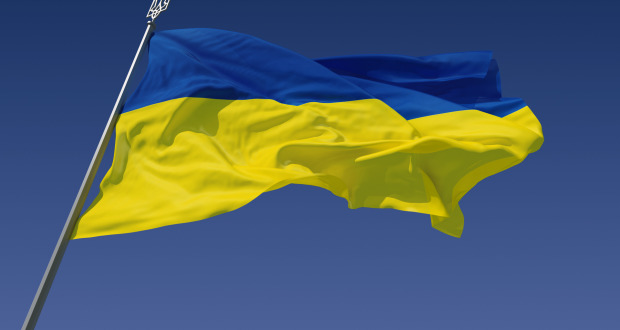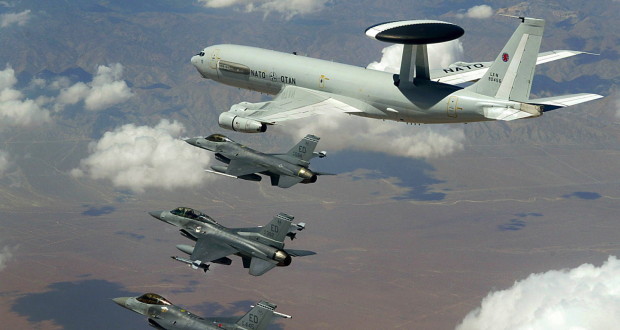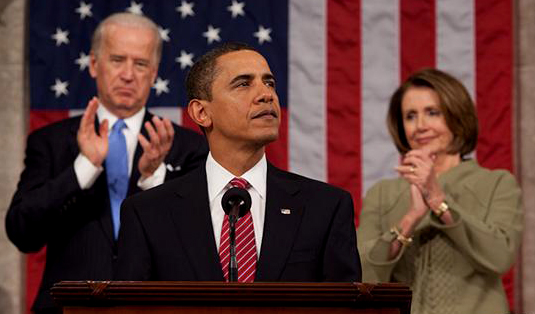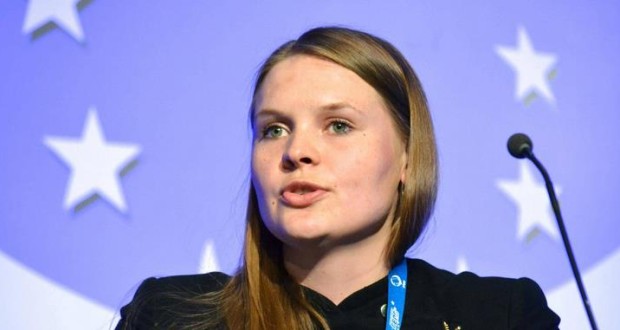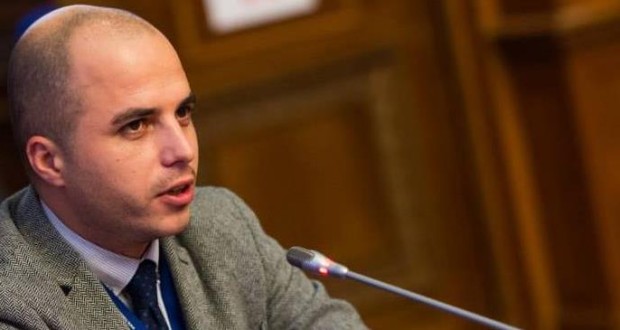Rob Marchant
December 31, 2014
Latest Articles
During the course of the next 12 months, we could easily see development in one or more of these threats: a total meltdown in Iraq and neighbouring Middle Eastern states; a nuclear Iran, toward which Israel might well lose its patience, in the absence of meaningful American support; and a renewed Russian campaign against the rest of Ukraine, or even a Baltic state or two
Read More »
Ielizaveta Rekhtman
November 11, 2014
Latest Articles, The Policy Unit
In the light of the Ukrainian crisis and its implications for global political actors, Ukraine’s internal balance of political power has been increasingly topical for Western and Russian analysts. From the Western and Russian perspectives, the Ukrainian crisis is a foreign policy issue with serious, but yet controllable, consequences. For Ukraine, the mounting external involvement has an impact on its internal matters that is hard to measure or control.
Read More »
Ielizaveta Rekhtman
September 15, 2014
Europe, Latest Articles, The Policy Unit
On July 24th two parliamentary factions left the “European choice” coalition in the Ukrainian parliament.[1] This coalition was formed in February as a result of the Maidan protests. On August 25th, after a month of the coalition breakup, president Poroshenko exercised his constitutional right to dissolve parliament and call for elections, which are likely to be held on October 26th.
Read More »
Rowan Allport
September 2, 2014
Latest Articles, Security and Defence
Whatever Russia’s ultimate intentions in Ukraine are following their annexation of Crimea, NATO – an organisation that was facing what some saw as existential questions post-Afghanistan – is now required to once again turn its attention to the defence of its member states.
Read More »
Ielizaveta Rekhtman
July 17, 2014
Latest Articles, Russia and Eurasia, The Policy Unit
A balanced assessment of the Ukrainian-Russian conflict is a rather challenging task for policy-makers. This is in large part because the views and data collected from both sides comes under the influence of two opposing public discourses. On the one hand, Russia is perceived as the aggressor breaking the territorial integrity of Ukraine.
Read More »
Simon Schofield
June 8, 2014
Opinion
Whether it is through well-intentioned, idealistic, though incompetent bumbling, or otherwise a calculated and strategically orchestrated effort, Barack Obama’s foreign policy has brought the Western world to the brink of decline and irrelevance. Whatever grand statements he gave at his West Point speech, they do not reflect the realities on the ground of his policies.
Read More »
Simon Schofield
April 3, 2014
Russia and Eurasia, Security and Defence
HIC Interview with Linda Eichler, Vice President of the YEPP
...
Here, we present to you our interview with Linda Eicheler currently running as a candidate for the European Parliament. She is the youngest candidate on the list of Pro Patria and Res Publica Union (IRL), the leading conservative party in Estonia.
Read More »
HSC Publication
March 26, 2014
Latest Articles, Russia and Eurasia, The Policy Unit
The crisis in Ukraine originated in President Viktor Yanukovych’s decision to abandon a far-reaching Association Agreement with the European Union in November 2013. Tens of thousands of people took to the streets and protests stretched over several months, culminating in an eruption of violence in February 2014.
Read More »
Guest Contributor
March 22, 2014
Opinion
Guest Contributor: Ghenadie Virtos 22nd March 2014 The latest developments in the Crimean peninsula – which saw Russian troops enter, take over essential infrastructure and military facilities, and formalise a territorial takeover in just a few weeks – provided a surreal ...
Read More »
Dwayne Menezes and Simon Schofield
March 19, 2014
Global Governance and Human Rights, Russia and Eurasia
As declared by Russia Today, Russian troops were deployed to Crimea ‘only to protect human rights’. The Crimean issue unfolding at present was compared to the secession of Kosovo, and daring to deny the illusory similarities between these two wildly different conflicts is described as ‘rewriting the rulebook’ on the Responsibility to Protect (R2P) doctrine.
Read More »
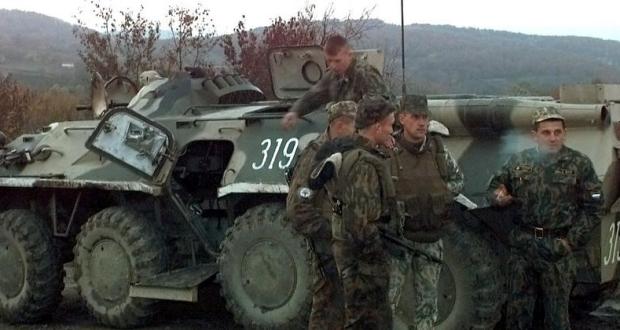
 Human Security Centre Human Rights and International Security Research
Human Security Centre Human Rights and International Security Research
